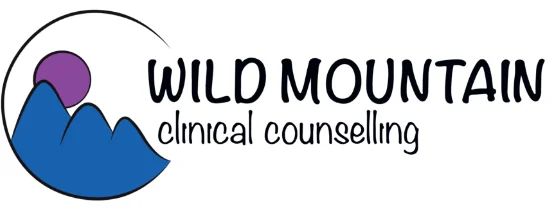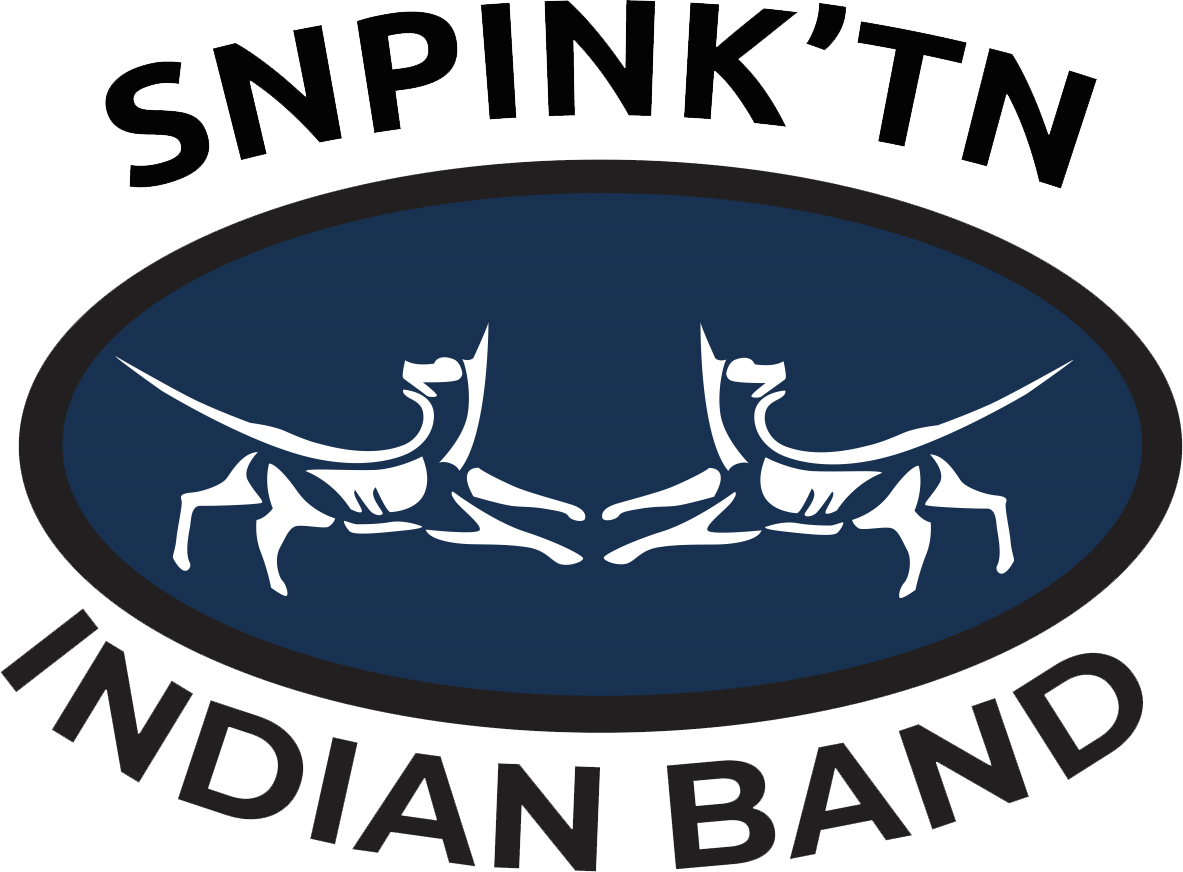“I’ve got this.”
“I don’t need help.”
“I’ll figure it out myself.”
These phrases may sound empowered, even admirable—but for many people, they’re not coming from confidence. They’re coming from pain.At Wild Mountain Clinical Counselling, we work with individuals who carry the weight of hyper-independence—people who have been told they’re “so strong” but feel quietly overwhelmed, emotionally distant, or deeply lonely. If you pride yourself on being the one who never asks for help, you might be operating from a trauma response rather than true autonomy.
What Is Hyper-Independence?
Hyper-independence is an extreme form of self-reliance where asking for help, trusting others, or depending on support feels unsafe or shameful. It’s not just wanting to do things on your own—it’s needing to, as a way to stay emotionally protected.
Common signs include:
· Avoiding help even when struggling
· Finding it hard to trust or depend on others
· Feeling anxiety or guilt when receiving care
· Detaching emotionally to “stay in control”
· Over-functioning or taking on too much
· Feeling proud of “never needing anyone”
Hyper-independence often masquerades as strength—but it’s actually armour.
Hyper-Independence as a Trauma Response
This pattern rarely comes out of nowhere. It often stems from early experiences where vulnerability led to pain, rejection, or neglect.
Here are some common root causes:
1. Emotional Neglect or Dismissiveness
If caregivers didn’t respond to your emotional needs, or if vulnerability was dismissed or punished, you may have learned that expressing needs is unsafe or pointless.
2. Inconsistent or Unreliable Attachment
Children raised with inconsistent or unavailable attachment figures often develop the belief: I can’t rely on anyone. I have to take care of myself.
3. Parentification
Some children take on adult responsibilities far too young, becoming the emotional or physical caretakers in their home. This early role reversal reinforces the message that asking for help is dangerous—or selfish.
4. Past Trauma or Betrayal
Experiences of abandonment, betrayal, or abuse—especially when trust was broken—can hardwire the idea that self-reliance is the only safe option.
5. Dismissive-Avoidant Attachment Style
Rooted in early attachment wounds, this pattern tends to value independence over connection and downplays emotional needs—both one’s own and others’.
The Cost of “I’ve Got This”
While society often celebrates independence, hyper-independence can take a heavy toll:
· Burnout from constantly carrying the emotional load
· Chronic loneliness, even in relationships
· Emotional repression or numbness
· Inability to receive love or care without discomfort
· Difficulty with vulnerability or intimacy
· Over-functioning in work, family, or social roles
· Internalized shame around having needs at all
This trauma response may have kept you safe once—but now, it may be holding you back from true connection and support.
Healing the Wound Beneath the Armour
You don’t have to give up your independence to heal. But you can redefine it—so it includes the freedom to receive help and the strength to be seen.
Here’s where to begin:
1. Understand the Pattern
Working with a therapist can help uncover the origins of your hyper-independence. Understanding where it came from is the first step in loosening its grip.
2. Challenge Your Internal Narrative
Notice thoughts like “I should be able to do this myself” or “Needing help means I’m weak.” Gently question them. Are they still serving you?
3. Practise Receiving
Start small: let a friend bring you food, ask for advice, or accept emotional support without deflecting. With practice, receiving can feel less threatening.
4. Learn Secure Connection
Therapy offers a consistent, safe space where you can practise vulnerability, explore boundaries, and rebuild trust in relationship.
5. Balance Autonomy with Interdependence
Healthy relationships are not about dependency—they’re about mutual support. Interdependence means you can do it on your own, but you don’t have to.

You Don’t Have to Carry It All Alone
There’s nothing weak about wanting support. In fact, real strength often looks like saying: “I’m tired of doing this all on my own.”
At Wild Mountain Clinical Counselling, we’re here to help you soften the armour—at your own pace, in your own way. You’ve carried enough. Let’s explore what it means to be held, too.






